Survey shows 74% of UK firms hit by delays with EU markets
Three-quarters of British manufacturers are experiencing Brexit-related delays in moving goods in and out of the European Union, according to a new survey by industry group Make UK.
The survey of over 200 leading industrial firms showed Thursday that 74 percent of the companies are confronting delays with EU imports and exports two months after the UK left the bloc on terms agreed by the government of Prime Minister Boris Johnson.
Over half of the companies said the increased costs were affecting them amid mounting Brexit red tape, customs checks and disruption to global trade caused by the coronavirus pandemic.
More than a third had lost out on sales and fears are rising over continued disruption in future business.
Ray Singh, managing director of Russel Finex, a London-based manufacturer of high-performance sieves and filters, said delays with exports to the EU and to a plant it operated in Belgium were badly affecting his firm.
“Eventually we manage to get the goods over, but it just takes a lot longer. It’s not smooth like it was. There are additional checks and paperwork and it sounds like in a few months’ time that’s actually going to ramp up, which is more stuff not to look forward to. It’s created a lot of extra bureaucracy that just wasn’t there before,” Singh said.
Catherine Bedford, founder of Dashel, a company that makes carbon fiber and recycled cycle helmets, said her business is being seriously impacted due to the disruption.
“Thanks to Brexit, we’ve gone from profitable to barely scraping by,” she said. “We can’t predict delivery times as items are being held up at French customs, our entry point into Europe. There is a massive backlog and items are being turned back despite up-to-date paperwork.”
Figures from Germany this week showed that imports from the UK had decreased by over 56% to €1.6bn (£1.4bn) in January from the same month last year.
Meanwhile, a UK government spokesperson said freight volumes between the country and the bloc were now “back to their normal levels,” insisting there was “no general disruption at UK ports”.
“We will ensure businesses get the support they need to trade effectively with Europe and to seize new opportunities as we strike trade deals with the world’s fastest-growing markets,” the spokesperson added.
Business leaders, however, said trading activity was not only under severe strain, but likely to get worse as further border checks were being implemented.
Stephen Phipson, chief executive of Make UK, said, “Government needs to move smooth out difficulties at UK ports so that shipments can easily be delivered. We are encouraged that the government is already working to train more high-quality customs officials and to give more assistance with customs paperwork, but this needs to be driven forward at speed to give the quickest possible assistance to British companies already struggling to get back to normal as trade recovers from the Covid pandemic.”
EU slams US over visa ban on officials regulating 'online censorship rules'
Iran welcomes deal between Yemen’s sides to swap nearly 3,000 prisoners
Diplomacy does not entail sending bombers, Iran’s foreign minister tells US
Israel approves 126 illegal units in West Bank settlement evacuated in 2005
VIDEO | Press TV 's news headlines
VIDEO | Iran seizes tanker carrying 4 million liters of smuggled fuel
HTS forces abduct prominent American journalist Bilal Abdul Kareem in Syria
VIDEO | Iran: Beyond the majority



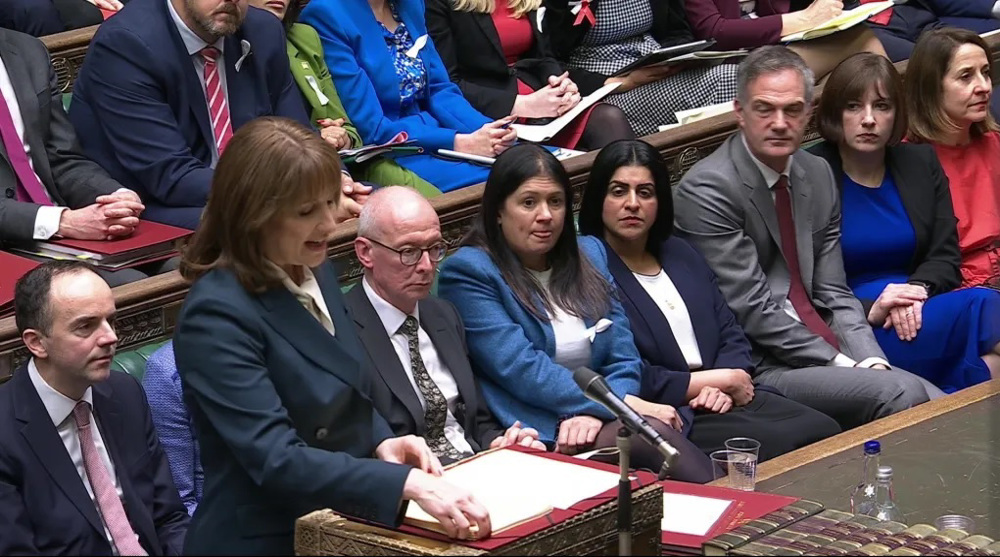
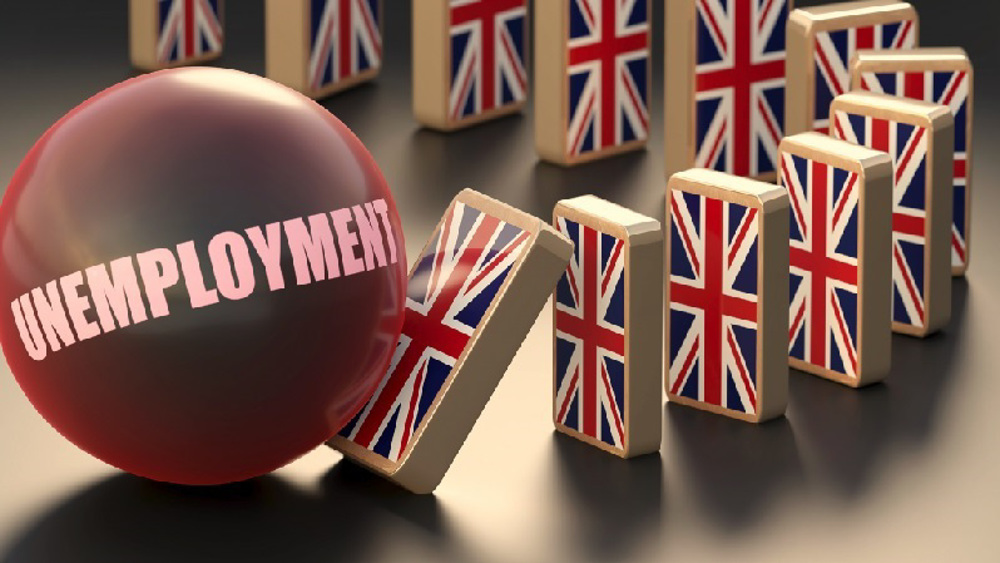




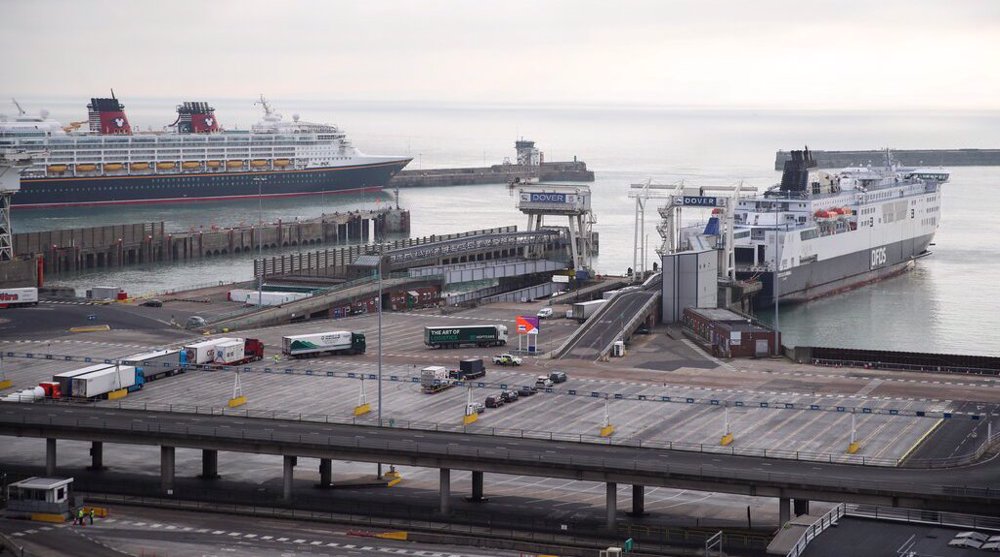
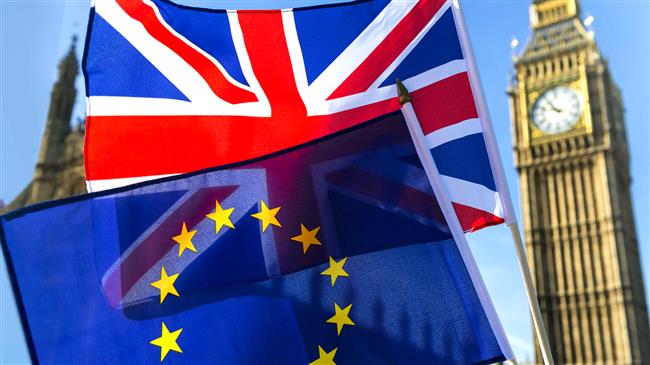
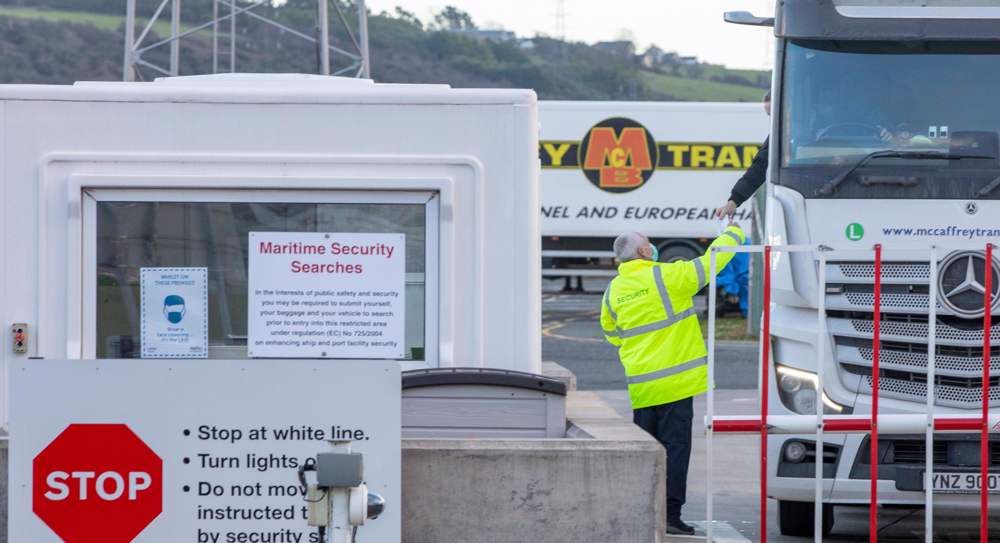

 This makes it easy to access the Press TV website
This makes it easy to access the Press TV website